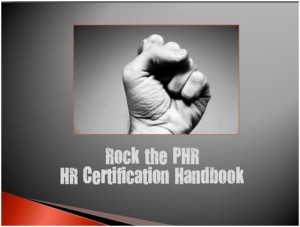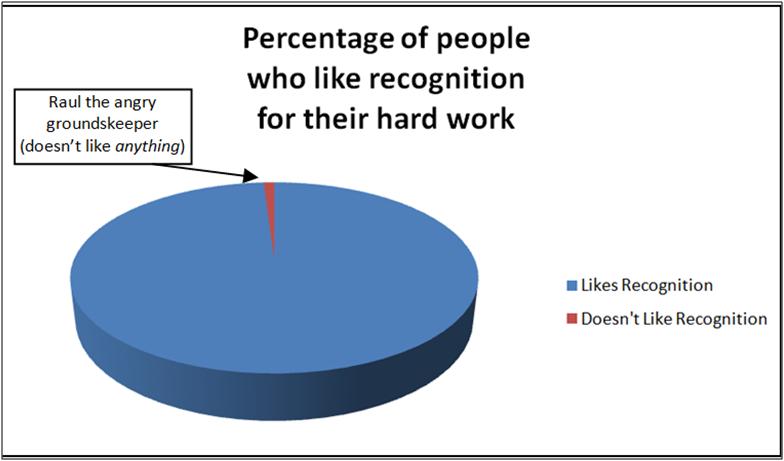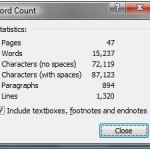 If you\’re a fan of Fistful of Talent (I made it into the top 1 zillion blogs over there at some point or another. Boo-ya!), then you may have seen the recent FOTV video where Kris Dunn, AKA the HR Capitalist, gave his rules for new HR professionals to succeed. While he had to be succinct in the video, I had the opportunity to discuss it with him in person recently. He reiterated his points and made sure that I understood completely where he was coming from. His main ideas are in bold, and my own commentary follows each point.
If you\’re a fan of Fistful of Talent (I made it into the top 1 zillion blogs over there at some point or another. Boo-ya!), then you may have seen the recent FOTV video where Kris Dunn, AKA the HR Capitalist, gave his rules for new HR professionals to succeed. While he had to be succinct in the video, I had the opportunity to discuss it with him in person recently. He reiterated his points and made sure that I understood completely where he was coming from. His main ideas are in bold, and my own commentary follows each point.
Know HR and Execute
If you\’re going to build some credibility as a new HR professional, then you\’re going to have to prove that you know your stuff. If you are a dunce when it comes to HR matters, then no amount of passion or people skills will get people to follow your lead. If you have to take some classes, get your certification, or just do more in the area of career development, don\’t let anything stand in your way from being knowledgeable in the HR arena.
Have an opinion. (passion=credibility)
Too many HR professionals are afraid to put their foot down and stick to their guns. If you want to show people that you\’re a wishy-washy, spineless drone, then don\’t ever take a stand on anything. And let me know how that goes for you. Probably not well.
Another point that he made in the video was that passion equals credibility. It was a quick comment mentioned in passing, but it was the phrase that struck me the hardest. Passion equals credibility. Is that really true for a new HR professional? If I\’m passionate about something, does that mean that I\’m automatically credible? I can\’t say that it will always be true, but I could make the case that if you\’re sufficiently passionate about a certain topic (HR, perhaps?), then you would certainly be credible as well.
Communicate in multiple ways
All too many of my generational brethren are completely incapable of expressing themselves. Whether it\’s face-to-face, written, or just verbal communication, each has a definite impact on your ability to succeed as a new HR professional. Know how to express yourself verbally, nonverbally, and in the written form. It will make an amazing difference. I\’ve always written fairly well, but once I started writing on a daily basis, I realized just how much better my overall communication skills had become.
So, if you\’re a new HR professional, and you\’re looking for some tips on how to be successful, then I think you should be focusing on these items at the very least. I think you\’d be surprised at how much of a difference it will make in your own career. And if you have another rule for new HR professionals, then please drop it in the comments below. I’m collecting these for an upcoming project, and I’d love to have more input.








